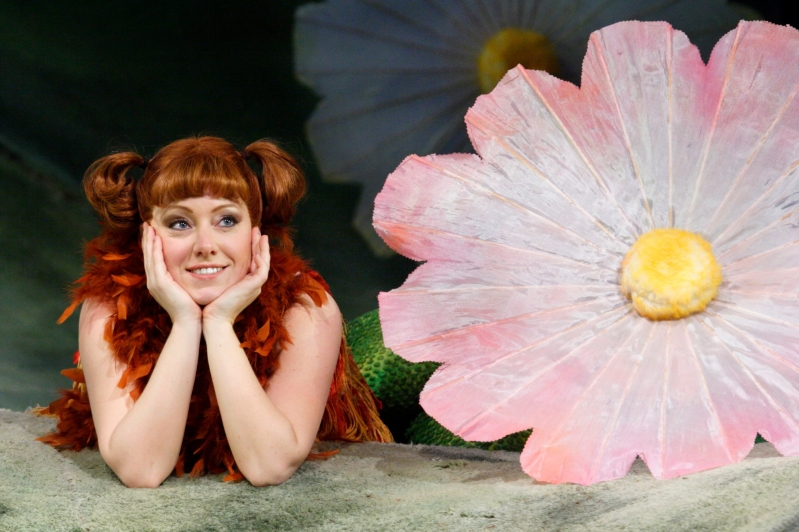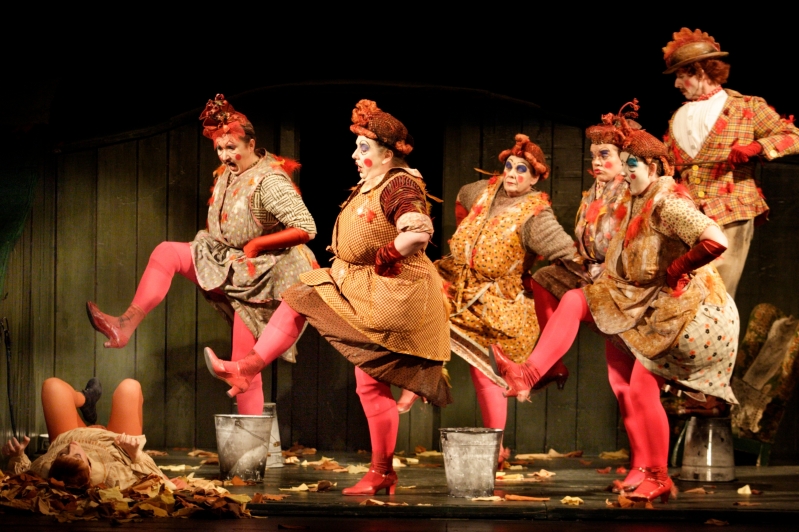
The original newspaper review in 1924 promised, ‘it will be a dream, a fairy tale that will warm your heart’ and that is what it still delivers today. According to legend it was Janáček’s housekeeper chuckling away in the kitchen that sparked the idea to adapt the newspaper comic strip; ‘wouldn’t it make a marvellous opera!’ she is said to have suggested.
The story follows the tale of a young fox cub who is adopted by a forester, at the farm she rebukes the dog, bites the forester’s sons and devours all the hens; not your ideal pet. The spritely Vixen then escapes into the forest where she finds a mate and starts a family. All would appear well until a fateful run-in with a poacher.
It is reminiscent of the well-known classics such as The Fox and the Hound, Chicken Run and Fantastic Mr Fox, however, that is not to say that like all great children’s films there isn’t a deeper reflection to be made. It is what makes generations of millennials flock to see the new Toy Story 4 or why you really don’t mind watching Zootropolis, again. The undertones of racial injustice through a subtle lens make it a more profound story than first appears on the surface.

The idea of importing human characteristics onto animal forms transcends any barrier to the story; it removes race, religion and class into a simple narrative of a fight for freedom and the never-ending cycle of life. Exploring the relationship between humans and the environment, it is easy to see Janáček’s views on the subject; a huge nature fan he spent much of his time outdoors studying animals even teaching his chickens how to jump on command.
The human characters in the opera come off as far more repressed than the Vixen who leaps away from her restraints; was Janáček alluding to the fact that we should all embrace our inner animal? Anthony Tommasini writing for The New York Times notes, ‘the human characters are troubled souls, especially a drunken priest who has never lived down the false accusation that he seduced a woman in his youth, and a mopey schoolmaster who loves a villager from afar.’ Bound by the constraints of society they do not embrace their love or their chance at happiness. Unlike the impish Vixen who chases what she wants, and ultimately, gets it. Take the risks and live life to the fullest seems to be Janáček’s message; possibly a way of urging his real-life unrequited love to leave her husband and embrace the wilderness of the human heart.
Unusually for opera there is no climatic finish but instead a gentle easing into a poignant and contemplative scene leaving you to meditate on the words of Socrates, ‘the unexamined life is not worth living.’ Be transported to a sunny forest full of charm and think about what would make you happy; reflecting on the joy of nature.



